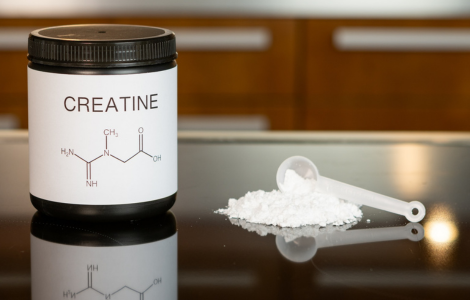
Creatine: Friend or Enemy? What Science Says About This Popular Supplement
Share
Creatine is one of the most popular supplements among athletes and gym-goers in Lebanon, but is it all just hype? Or is there real science behind its benefits? Let's dig in and see what the research says!
What is Creatine?
Imagine tiny energy factories inside your muscles. That's kind of what creatine is like! It's a natural substance found in your muscles and also in some foods like meat and fish. Your body uses creatine to make a special energy source called ATP (adenosine triphosphate), which helps your muscles work harder and longer during exercise.
How Does Creatine Help You?
Studies have shown that creatine supplementation can offer several benefits, including:
- Increased Strength and Power: Creatine helps your muscles produce more energy, which can lead to increased strength and power, especially during short bursts of high-intensity exercise like weightlifting or sprinting [1]. A study published in the Journal of Applied Physiology in 2004 found that creatine supplementation led to improved performance in previously untrained men [1].
- Improved Muscle Recovery: After a tough workout, your muscles need time to repair themselves. Creatine may help speed up this recovery process, allowing you to get back to the gym feeling stronger sooner [3]. Research suggests creatine might enhance recovery after exercise [3].
- Enhanced Muscle Growth: While creatine won't magically make you huge, it may help you build a little more muscle mass when combined with a healthy diet and proper weight training [4]. A 2008 study in the International Journal of Sport Nutrition and Exercise Metabolism showed that creatine supplementation combined with resistance training could increase muscle mass in young, healthy women [4].
Is Creatine Safe?
Creatine is generally considered safe for healthy adults when used at recommended doses [5]. However, it's always a good idea to talk to your doctor before starting any new supplement, especially if you have any pre-existing health conditions.
Things to Keep in Mind
Creatine works best for short, intense workouts. If you're mainly focused on endurance activities like long-distance running, you may not see much benefit from it.
Also, creatine can pull more water into your muscles, which can lead to slight weight gain. But don't worry, this is mostly water weight, not fat!
The Takeaway:
Creatine is a well-researched and generally safe supplement that can offer several benefits for athletes and gym-goers in Lebanon. If you're looking for a way to boost your strength, power, and recovery, creatine might be worth considering. However, it's not a magic bullet – a healthy diet and consistent exercise are still key to achieving your fitness goals!
Looking for more ways to optimize your workouts? Stay tuned for our next blog post where we'll explore some science-backed tips to help you get the most out of your gym sessions!

